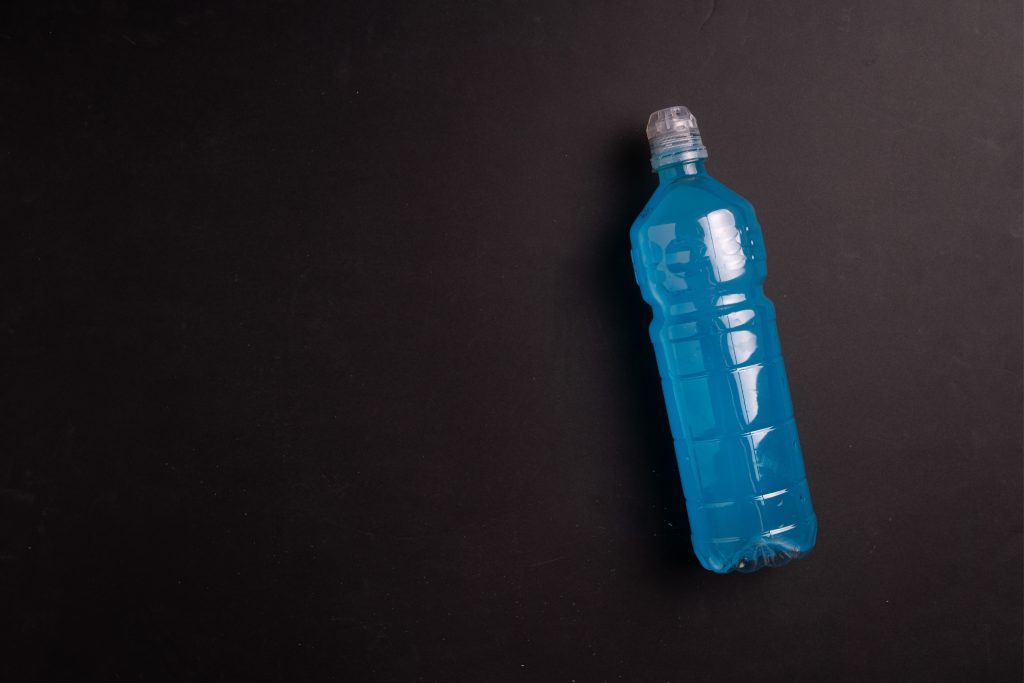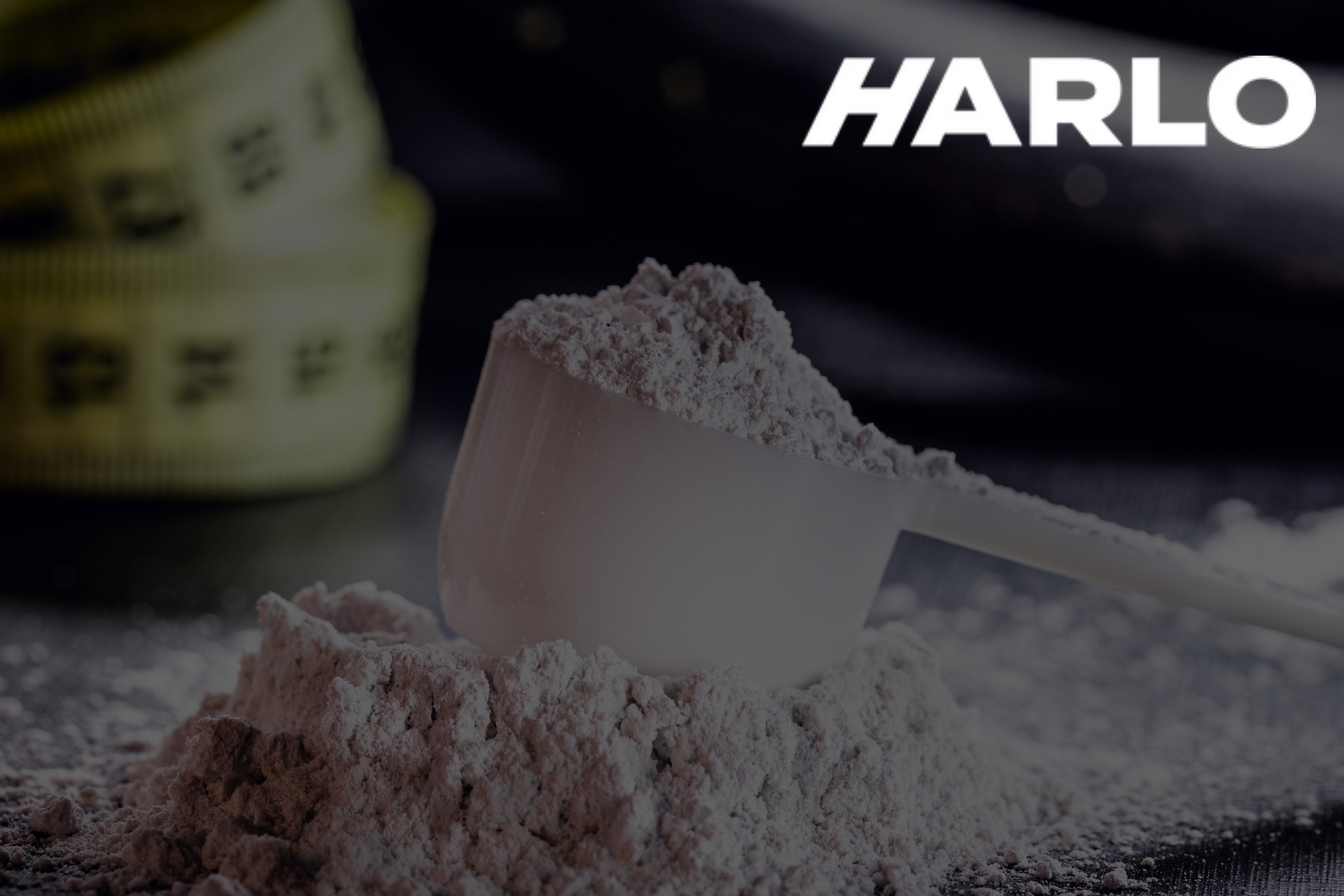Electrolytes are electrically charged particles that are present in our body fluids, such as blood, urine, and sweat. These particles include essential minerals like sodium, potassium, calcium, magnesium, chloride, and phosphate. They play a crucial role in maintaining the balance of fluids inside and outside our cells, helping to control various bodily functions.
The importance of electrolytes in the body cannot be overstated. They are responsible for conducting electrical impulses, carrying signals across cells and nerve endings, regulating pH levels, and maintaining proper hydration. Electrolytes also help to balance the body’s fluid levels, facilitating muscle contractions, regulating blood pressure, and supporting normal heart and brain function.
Imbalances in electrolyte levels can have serious consequences on our health. For instance, a deficiency in electrolytes can lead to muscle cramps, weakness, fatigue, irregular heartbeat, and even seizures. Conversely, an excess of electrolytes can cause dehydration, high blood pressure, and kidney damage.
It is therefore essential to ensure a balanced intake of electrolytes through a healthy diet and proper hydration. Consuming foods rich in electrolytes, such as fruits, vegetables, whole grains, and dairy products, can help maintain appropriate levels of these essential minerals in our body.
Types of Electrolytes
Electrolytes are essential for maintaining the normal functioning of the human body. They are electrically charged particles that conduct electrical impulses necessary for various bodily processes. Here are some common types of electrolytes:
- Sodium: This electrolyte is crucial for maintaining fluid balance and regulating blood pressure. It is also involved in nerve transmission and muscle contraction.
- Potassium: It plays a vital role in maintaining the electrical activity of cells, especially in the heart. Potassium is responsible for regulating muscle contractions, maintaining fluid balance, and supporting nerve function.
- Calcium: Besides being an essential mineral for maintaining healthy bones and teeth, calcium also plays a major role in muscle contractions, blood clotting, nerve function, and hormone regulation.
- Magnesium: This electrolyte helps in maintaining normal muscle and nerve function, regulating blood pressure, and supporting the immune system.
- Chloride: It is an important electrolyte that regulates fluid balance, aids in digestion, and helps maintain the acid-base balance in the body.
- Phosphate: This electrolyte is necessary for strong bones and teeth. Phosphate also plays a crucial role in energy metabolism, acid-base balance, and DNA and RNA synthesis.
- Bicarbonate: It helps regulate the pH of the blood and maintains acid-base balance. Bicarbonate is mainly involved in buffering acids produced by the body.
Maintaining the right balance of electrolytes is crucial for overall health. Proper hydration, consuming a balanced diet, and avoiding excessive sweating or dehydration help maintain electrolyte levels. In cases of electrolyte imbalances, medical professionals may recommend supplements or dietary modifications. It is always important to seek medical advice when experiencing symptoms associated with electrolyte imbalances.
Functions of Electrolytes in the Body
Electrolytes play a crucial role in multiple physiological functions within our body. They are electrically charged minerals that are dissolved in our bodily fluids, primarily blood and urine. These minerals include sodium, potassium, calcium, magnesium, chloride, and phosphate.
One primary function of electrolytes is maintaining fluid balance. They help regulate the amount of water inside and outside our cells, ensuring that our body remains properly hydrated and preventing dehydration or overhydration. Electrolytes achieve this by controlling the movement of water across cell membranes and influencing the osmotic pressure.
Furthermore, electrolytes play a vital role in regulating nerve and muscle function. They generate electrical impulses that are essential for nerve signaling and muscle contractions. Sodium and potassium, in particular, are key contributors to the transmission of nerve impulses and the contraction of muscles, including the cardiac muscles.
Electrolytes also facilitate proper heart function. Sodium and potassium maintain the electrical impulses in the heart, influencing the heartbeat and ensuring its regular rhythm. Without these electrolytes, the heart may experience arrhythmias or abnormal heart rhythms.
In addition, electrolytes support bone health by aiding in the mineralization of bones. Calcium and phosphate are essential electrolytes for maintaining bone density and strength. They contribute to the formation and remodeling of bone tissues, ensuring the integrity of our skeletal system.
Lastly, electrolytes enable enzyme activity. Enzymes are protein molecules that catalyze biochemical reactions in our body. Some enzymes require electrolytes to function properly and regulate metabolic processes, such as energy production and hormone synthesis.
Sources of Electrolytes
Electrolytes are essential minerals that help maintain proper bodily functions. They assist in regulating fluid balance, nerve and muscle function, and maintaining normal pH levels. Several food sources are rich in electrolytes, making them an excellent choice for replenishing these essential minerals.
One of the best sources of electrolytes is fruits and vegetables. Bananas, oranges, avocados, and spinach are great options as they contain high levels of potassium. Other fruits such as watermelon and strawberries, along with vegetables like broccoli and kale, provide important electrolytes like magnesium and calcium.
In addition to food sources, electrolyte supplements are widely available. These supplements come in various forms, including tablets, powders, and liquids, making it convenient to meet your electrolyte needs. These supplements are often recommended for individuals who engage in intense physical activity or have specific medical conditions that require electrolyte intake.
Sports drinks are another popular source of electrolytes. These beverages are specially formulated to replenish electrolytes lost through sweating during exercise or other strenuous activities. They often contain a combination of sodium, potassium, calcium, and magnesium, making them an effective way to rehydrate and restore electrolyte balance.
To ensure proper electrolyte intake, it is advisable to consume a well-balanced diet that includes an array of fruits, vegetables, and whole foods. Additionally, electrolyte-rich foods, supplements, and sports drinks can be incorporated to meet the specific needs of individuals engaging in rigorous physical activities or experiencing electrolyte imbalances. Remember to consult a healthcare professional or registered dietitian for personalized recommendations.
Imbalances in Electrolytes
Electrolytes are essential minerals that our body needs to maintain a wide range of bodily functions such as nerve and muscle function, maintaining proper pH levels, and balancing fluids. An imbalance in electrolytes can disrupt these vital processes and result in symptoms that vary depending on which specific electrolyte is affected.
Symptoms of electrolyte imbalance can include muscle cramps, weakness, fatigue, irregular heartbeat, dizziness, confusion, headaches, and even seizures. Electrolyte imbalances can occur due to various reasons such as excessive sweating, vomiting, diarrhea, kidney disorders, hormonal imbalances, and certain medications.
Treating an electrolyte imbalance involves identifying the underlying cause and correcting the imbalance. This usually involves dietary changes and supplementation. For instance, increasing the consumption of foods rich in electrolytes, such as bananas (potassium), leafy greens (magnesium), and dairy products (calcium), can help restore the balance. In severe cases or when oral intake is insufficient, intravenous electrolyte replacement may be required under medical supervision.
Prevention of electrolyte imbalances is crucial. This can be achieved by staying hydrated, particularly during intense physical activities or in hot weather. Consuming a balanced diet that includes a variety of fruits, vegetables, whole grains, and lean proteins is also essential to maintain electrolyte balance.

Conclusion
In conclusion, maintaining electrolyte balance is essential for our overall health and well-being. Electrolytes play a crucial role in various bodily functions, including maintaining hydration, regulating blood pressure, enabling muscle contractions, and facilitating nerve impulses. When electrolyte levels are imbalanced, it can lead to detrimental effects on our health, such as muscle cramps, fatigue, irregular heartbeat, and even seizures. Therefore, it is important to ensure that we consume an adequate amount of electrolytes through our diet and maintain a proper fluid balance. Electrolyte-rich foods and beverages, such as fruits, vegetables, and sports drinks, can help us replenish these essential minerals and maintain proper electrolyte balance. By doing so, we can support optimal bodily functions, enhance physical performance, and promote overall well-being. So, let’s prioritize our electrolyte balance to live a healthier and more vibrant life.



